Geelong-based musician Tim Hulsman is never one to shy away from a challenge. And the bigger the challenge, the more determined he is to make an impact.
After making his Geelong After Dark debut shrouded in fairy lights while playing slide guitar in the inaugural 2014 festival, Tim will be back this year with his latest big idea.
When you attend Geelong After Dark 2019 on 3 May, it will be well worth your while heading to the Market Square Mall to see Tim unveil and play a bespoke five-metre-long, four-stringed slide guitar which he believes will be the largest slide guitar in world.
Tim says he always likes to think big and this time he took that thought literally: “I still wanted to play slide guitar but why not create the biggest slide guitar that’s ever been created in the world and play that.”
The concept is the brainchild of Tim, his partner Nina Grant and art director Mike Patton. All three agreed there needed to be a visual aspect to the performance to bring the bones of the music to life.
“Instead of magnifying something we create a larger version of it. You can see sound in motion. A vibration that runs along a really long string can actually be seen.”
“I don’t actually sit there and play it. I have to run along it and dance. I actually have to create choreography to be able to play it.”
“Nina and Mike will also be performing live art in response to the music with the results projected onto a giant screen. So people watching will experience a lot of colour and movement in the overall show.”
Tim knows the over-sized guitar is an experiment but its creation is aligned with Geelong After Dark festival’s philosophy of allowing artists to push their boundaries. For a self-taught musician like Tim, such a challenge is just another step in his development as a musician.
“Music is just in my soul from when I was five years-old. My mum recounted stories to me about how I would react to music even at that age. I would be completely in a trance state. I would stop whatever I was doing and be lost in the music until it finished and then would snap out of some sort of spell.”
“I didn’t really start to play music until I was about 12 years old. I took to guitar and had a friend who was playing guitar at the time. We bounced off each other with that and taught each other to play. I have been self-taught since those early days.”
Tim’s musical talents now extend to drums, piano, bass guitar, violin and vocals. He founded his own band, toured Australia several times and has released four albums.
Since moving to Geelong eight years ago, Tim has established himself on the local music scene with regular appearances at Pistol Pete’s, the Workers Club, Beav’s Bar and the Barwon Club.
“Geelong has a strong history of having a music and arts scene. Although I hear from other people who’ve been around it’s waned in recent years. However, it’s starting to redevelop and I thought it was a really good time to be here while that redevelopment is happening.”
“Geelong is a big enough town to be well-received and there’s enough people for you to make something happen but it’s also small enough for you to make a difference.”
When not creating or playing music, Tim also spends time teaching through the High Voltage Rock School at Drysdale and Point Lonsdale primary schools, introducing kids from ages seven to eleven to drums, keyboards, guitars and vocals.
However, it’s not just the music culture which excites Tim. It is also the wider transition of Geelong to a creative hub.
“Geelong is going through a massive transition from an industrial town. We have been going through a transition for ten or so years now of becoming an education town and, because of that, a melting pot for creativity and new ideas because we’ve got all these young people coming through.
“I’m not just talking about music and art. I’m talking about science and medicine and all those things as well which are very creative fields. Geelong’s identity is really changing and the culture is changing because of that.”
“The cultural change is slow but it is driven by art. It’s driven by the presence of creative people and driven by a community involved and engaged in creating its own identity. Music and art are massive parts of that wherever that happens in the world.”
“Festivals such as Geelong After Dark which we are holding now in Geelong are world class. They are going to do all sorts of great things for the economy here in the long run and the rest of the world’s perception of Geelong and what we are about.”

